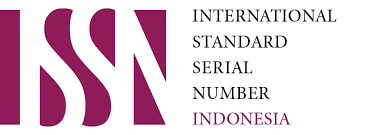Integration of Maqashid Sharia Values in Risk-Based Decision Making Study: CV Utama Maju Bersama
DOI:
https://doi.org/10.24252/iqtisaduna.v11i2.61632Keywords:
Maqashid Sharia, Risk Management, Business Decision MakingAbstract
This study examines the integration of Maqashid Sharia values in risk-based decision-making within a construction service company, with a case study at CV. Utama Maju Bersama. The risks faced by the company encompass technical, financial, social, and environmental aspects, which are managed through an Islamic value-based approach. Employing a descriptive qualitative method, data were collected through in-depth interviews, observation, and documentation. The findings reveal that the principles of Maqashid Sharia namely hifz al-din, hifz al-nafs, hifz al-‘aql, hifz al-nasl, and hifz al-mal are substantively implemented in the company’s operational policies, even though these terms are not explicitly recognized by the management. This integration has been proven to enhance workplace safety, financial fairness, ethical governance, and business sustainability. The study affirms that Maqashid Sharia can serve as both a strategic and ethical framework in risk management, which is relevant not only in the financial sector but also in the construction service sector.Downloads
References
Adipta, M. A. D., Ariana, I. K. A., Putu, I. G. N., Dharmayasa, Putra, I. G. A. A., & Nuraga, I. K. (2025). Analisis Manajemen Limbah Konstruksi Untuk Konstruksi Berkelanjutan (Studi Kasus Pembangunan Perumahan Family 100 di Denpasar). 6(3), 167–186. https://doi.org/10.36312/jml.v6i3.5301




